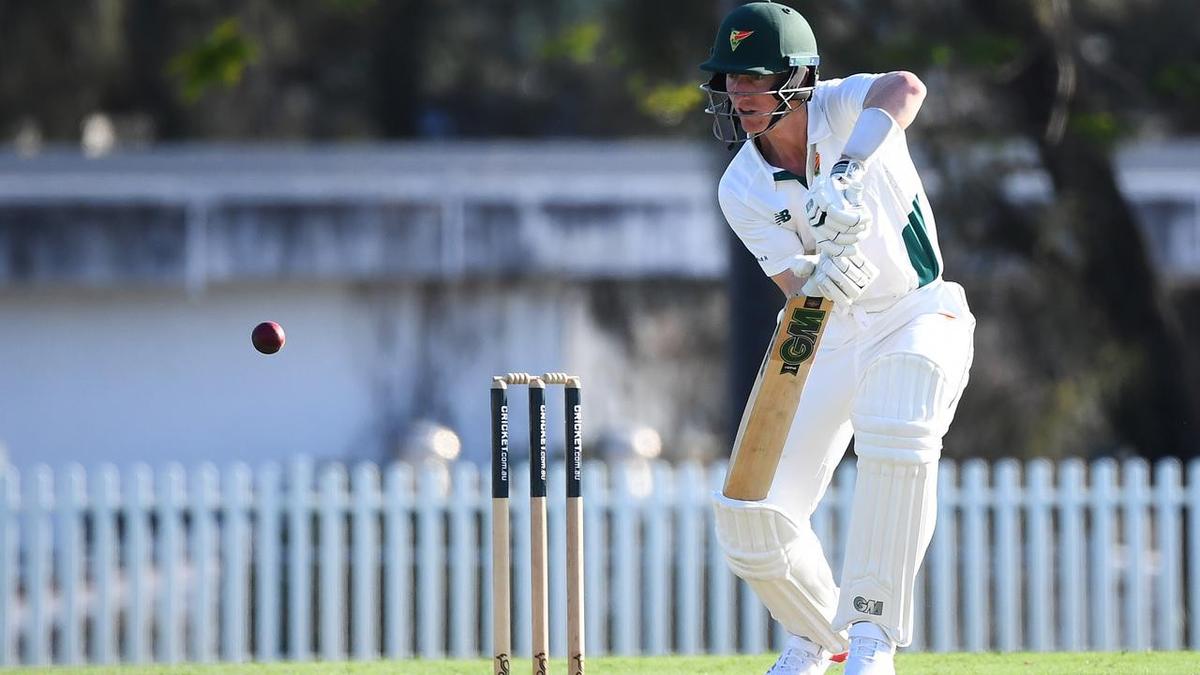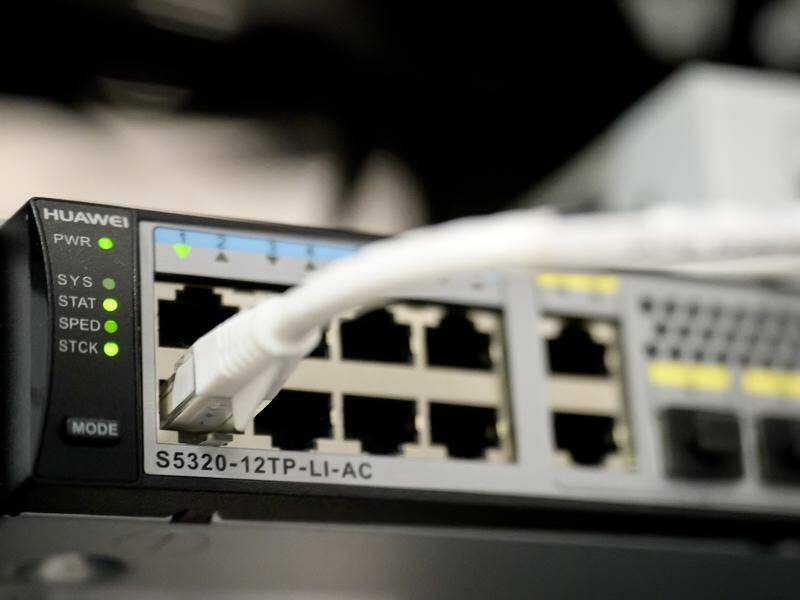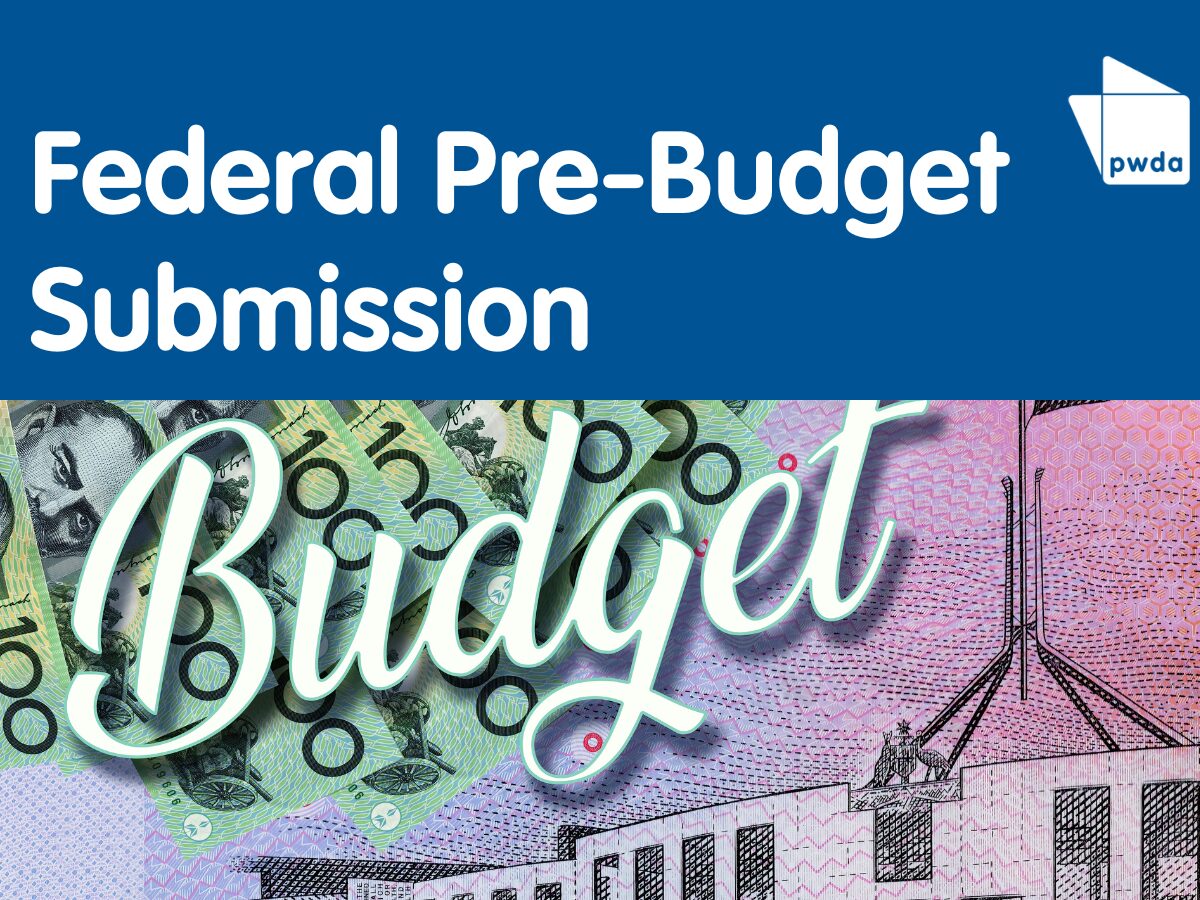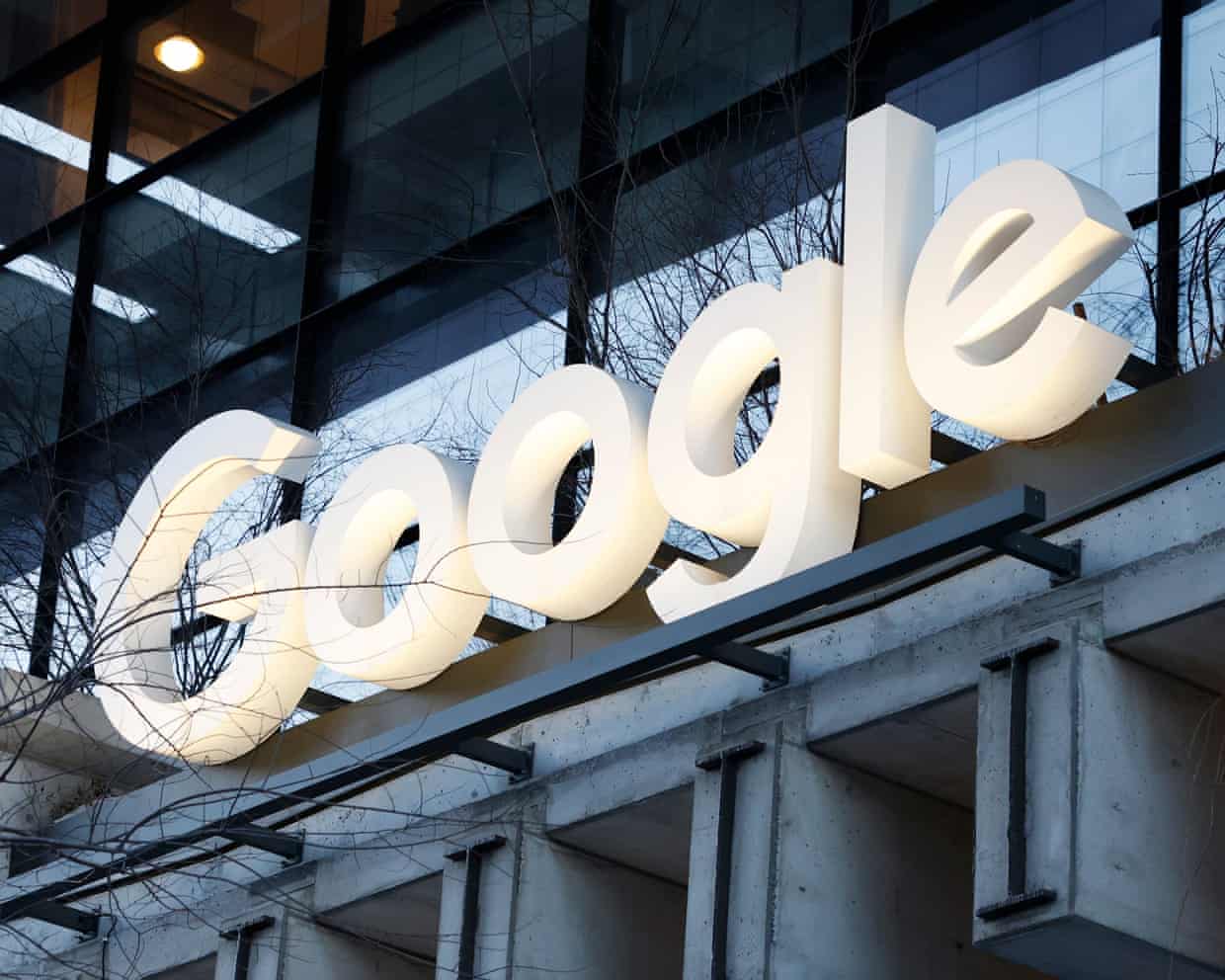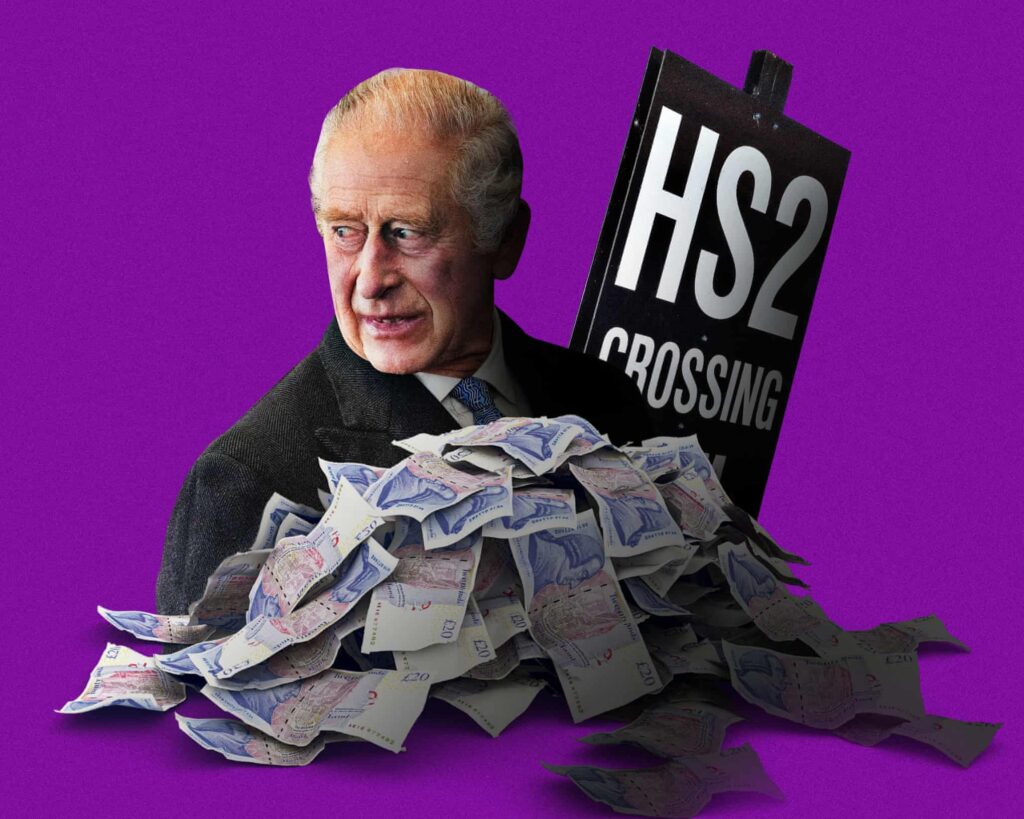
King Charles’s Duchy of Lancaster has generated over £1 million from the sale of land linked to a now-scrapped segment of the High-Speed 2 (HS2) rail project. The total payments, amounting to £1,132,400, were made for land intended for road works near a proposed hub station in Crewe, Cheshire. This information was disclosed by the *Guardian*, raising questions about the duchy’s claims of being self-financing without taxpayer support.
The Duchy of Lancaster, a royal estate established to provide income for the reigning monarch, has been under royal control since medieval times. It acquired a vast estate of approximately 1,400 hectares (3,450 acres) surrounding the Jacobean mansion of Crewe Hall in 1936. In recent years, portions of this land have been sold to facilitate infrastructure developments, benefitting from an exemption from most business taxes.
Originally, HS2 was designed to connect Crewe to London in under an hour, while also enhancing services to Birmingham and Manchester. It was projected to attract an additional 6.3 million passengers to Crewe by 2036 and contribute £750 million annually to the local economy. To accommodate the project, significant upgrades to local infrastructure were planned, making the acquisition of land from the Duchy essential.
Three plots of land were sold before the northern phase of HS2 was halted in 2023 due to escalating costs. The duchy’s ability to negotiate prices freely stands in contrast to other landowners, as it is largely exempt from compulsory purchase laws. These transactions occurred between 2012 and 2017, a period when the estate was managed by the late Queen Elizabeth II. During her reign, the duchy’s profits surged, although its substantial landholdings remained undisclosed even to Parliament. Following her passing in 2022, King Charles inherited the duchy, which enjoys a special status that exempts it from inheritance tax, corporation tax, and capital gains tax. Last year, the estate reported an income of £26.5 million, with King Charles voluntarily paying some income tax on these earnings, although the specifics remain undisclosed.
In July 2023, the Duchy of Lancaster announced plans to “actively review” its policies after facing criticism for profiting from public entities and charities. This scrutiny followed an investigation by *Channel 4 Dispatches* and the *Sunday Times* that revealed a series of financial dealings with taxpayer-funded organisations, including a £11.4 million agreement with an NHS trust for ambulance parking on duchy land in south London.
The HS2 project was initially proposed by the Labour government in 2009 and officially launched by the coalition government in January 2012. Crewe was identified as a leading candidate for a northern hub station, necessitating realignments of local roads. Cheshire East council worked in conjunction with the central government to upgrade the A500 road, integral for accessing the station from the M6 motorway. In 2012, the transport department acquired several plots of duchy land for £318,000, facilitating these plans.
However, the plans for the dual carriageway were abandoned when it was confirmed that HS2 would terminate in Birmingham. The local council also constructed an alternative route to Crewe station, incorporating part of the duchy estate, for which it paid £800,000 in 2014. This route was highlighted in the council’s bid for the HS2 hub and was opened in 2015, named after David Whitby, a local train driver involved in the Great Train Robbery of 1963.
In 2018, further upgrades were made to the Crewe Green roundabout, aimed at improving traffic flow in anticipation of the HS2 hub. Documents from the local authority indicate that these improvements were intended to ensure network resilience prior to the arrival of HS2.
The announcement by former Prime Minister Rishi Sunak at the 2023 Conservative Party conference about scrapping the northern phase of HS2 was met with widespread criticism. The decision was described as the largest infrastructure reversal in a generation, with Cheshire East council deeming it a “devastating blow” that jeopardized its financial stability. In response to the cancellation, the council accepted a £25.3 million funding package from the central government.
A spokesperson for the Duchy of Lancaster commented, “As with any landowner, the acquisition and disposal of property assets forms part of routine activities. We wouldn’t comment on individual transactions, but any such payments would be invested back into the Duchy estate rather than as distributable income to the Monarch.” The spokesperson also reaffirmed that the duchy is not incorporated, thus not liable for corporation tax, while confirming that King Charles voluntarily pays income tax on the estate’s income. Changes regarding charity rents will be announced in due course.
The implications of the duchy’s financial dealings and the cancellation of HS2 continue to unfold, with further details expected to emerge regarding its interactions with public funding and infrastructure development.
